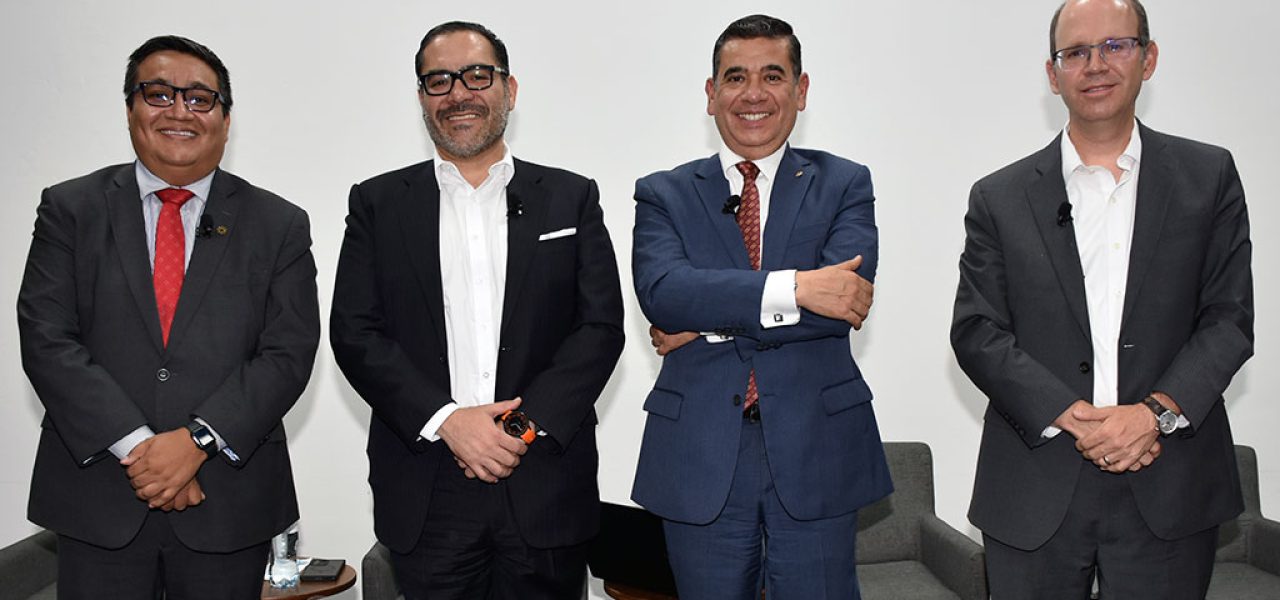Salaries and benefits are fundamental elements in the employment relationship between an employer and a worker, and it is therefore important to understand how they are affected from the fiscal, labor, and social security perspective, as this has implications both for the employee and for the company.
Faced with this panorama, the Association is holding the Course Fiscal labor and social security aspects of salaries and benefits from May 7 to 9, with emphasis on the key aspects of managing payrolls in tax and labor matters such as local contributions, salaries, benefits and social security.
Lectures were given by Hugo Figueroa Ángeles, Rolando Silva Briceño, Julio César Suárez Domínguez, Pablo Alejandro Limón Mestre, Jorge León Manzanilla Cañizares, Ernesto Torres García, Oscar de la Vega Gómez, Humberto Cruz Hernández, Plácido Aurelio del Ángel Herrera and Ernesto Torres García, members of the Commissions on Local Contributions, Social Security and Tax Investigation.
Hugo Figueroa Ángeles based his contribution on the relevant topics on Payroll Tax (ISN) in Mexico City and in the State of Mexico, in which he pointed out that: “The ISN is the monetary contribution paid by employers to the federal entity, mainly for the payment of salaries, wages and other benefits originating from an employment relationship, generally through the application of a rate, this tax being one of the main sources for obtaining resources by the entities.”
Likewise, he said that each congress has the autonomy for establishing its own rules of a general nature for its collection, through laws, codes and regulations. The authorities are the ones that will promote compliance in the presentation of returns, as well as the corrections relating to their tax situation by sending announcements. And invitation letters are precisely documents for the payment of local contributions, issued by the tax authority, “providing detailed information on taxes owed and the corresponding period”, stated Figueroa, an accountant.
In regard to social security and the Infonavit [National Workers’ Housing Fund Institute], Rolando Silva said that the modifications in social security matters brought with them an increase in benefits for workers, but an increase in cost for employers, added to administrative complexity.
In regard to pensions and retirement savings, the 2020 reform, fair pensions and the Welfare Pension Fund are in place.
On the topic of the new rules on safety and health in the workplace, Silva Briceño mentioned the table of occupational diseases, psychosocial risks (NOM 035), teleworking (NOM 037) and ergonomics (NOM 036).
The last participation of the day was made by Julio César Suárez Domínguez, who focused on the topic of the relevant aspects on PTU [Employee Profit Sharing] matters, for which he used the guidelines for compliance with obligations in Profit Sharing matters as a reference.
“These guidelines have the objective of making compliance with the obligations relating to this labor right easier for companies and for workers.”

Daily News
This year will be a test trial for lowering the workweek to 40 hours: expert
The measure will become mandatory in 2027, and the reduction will be made gradually.


